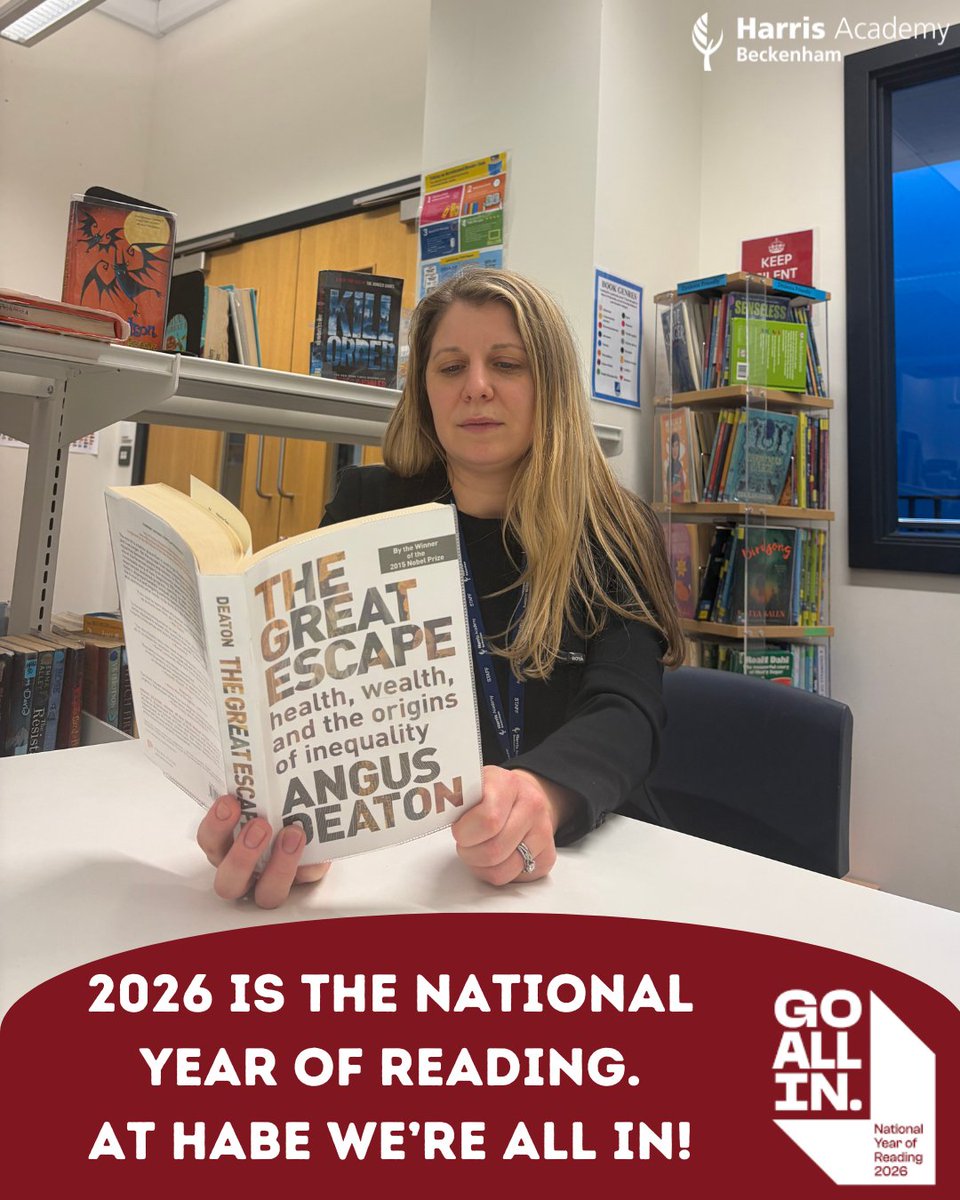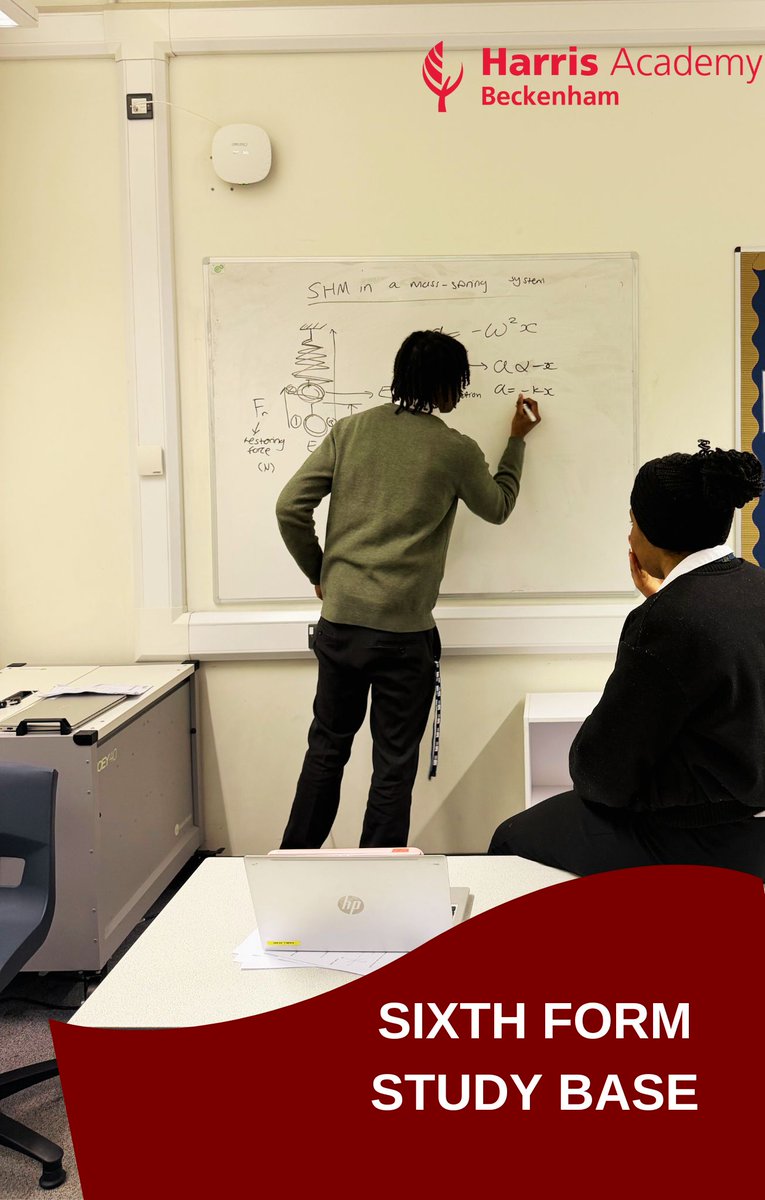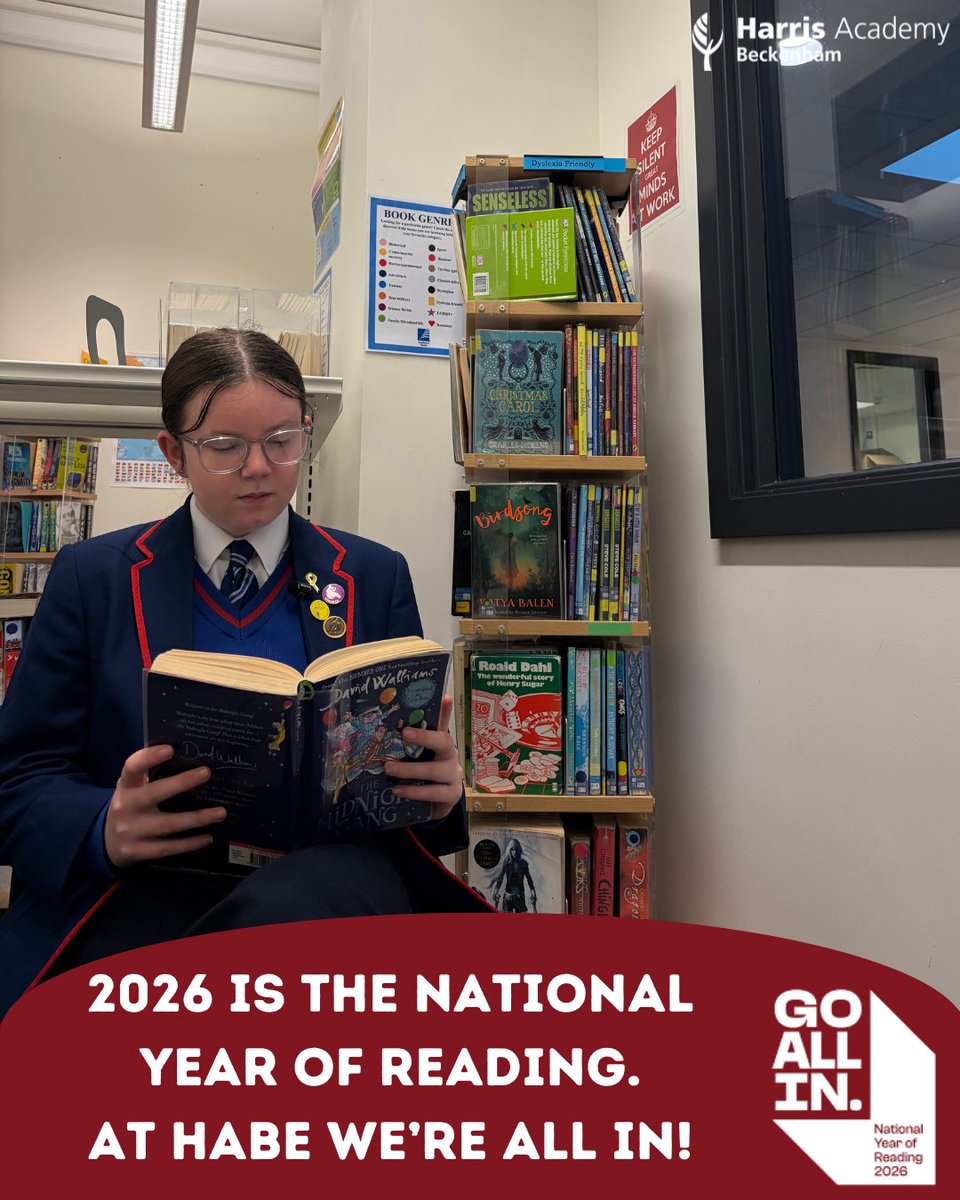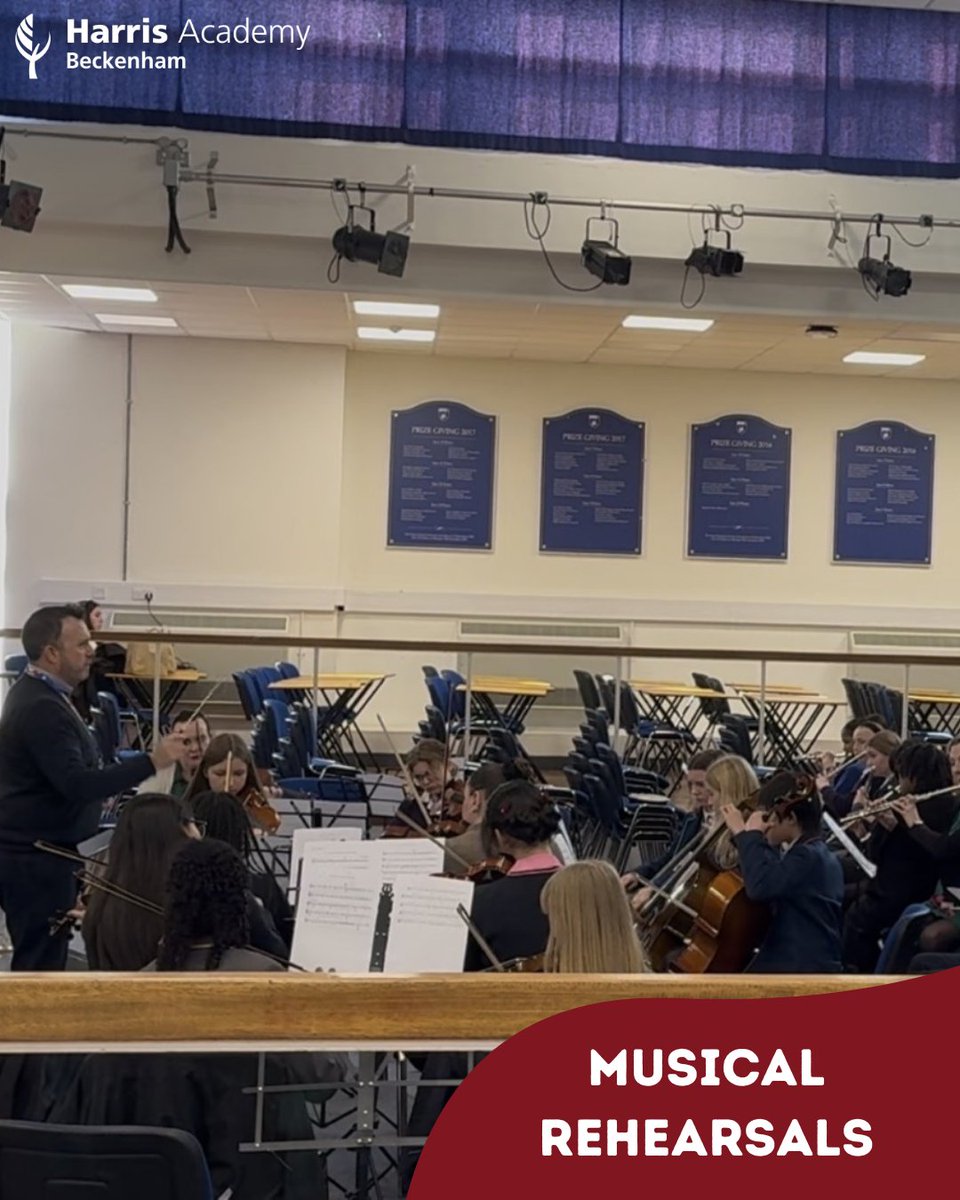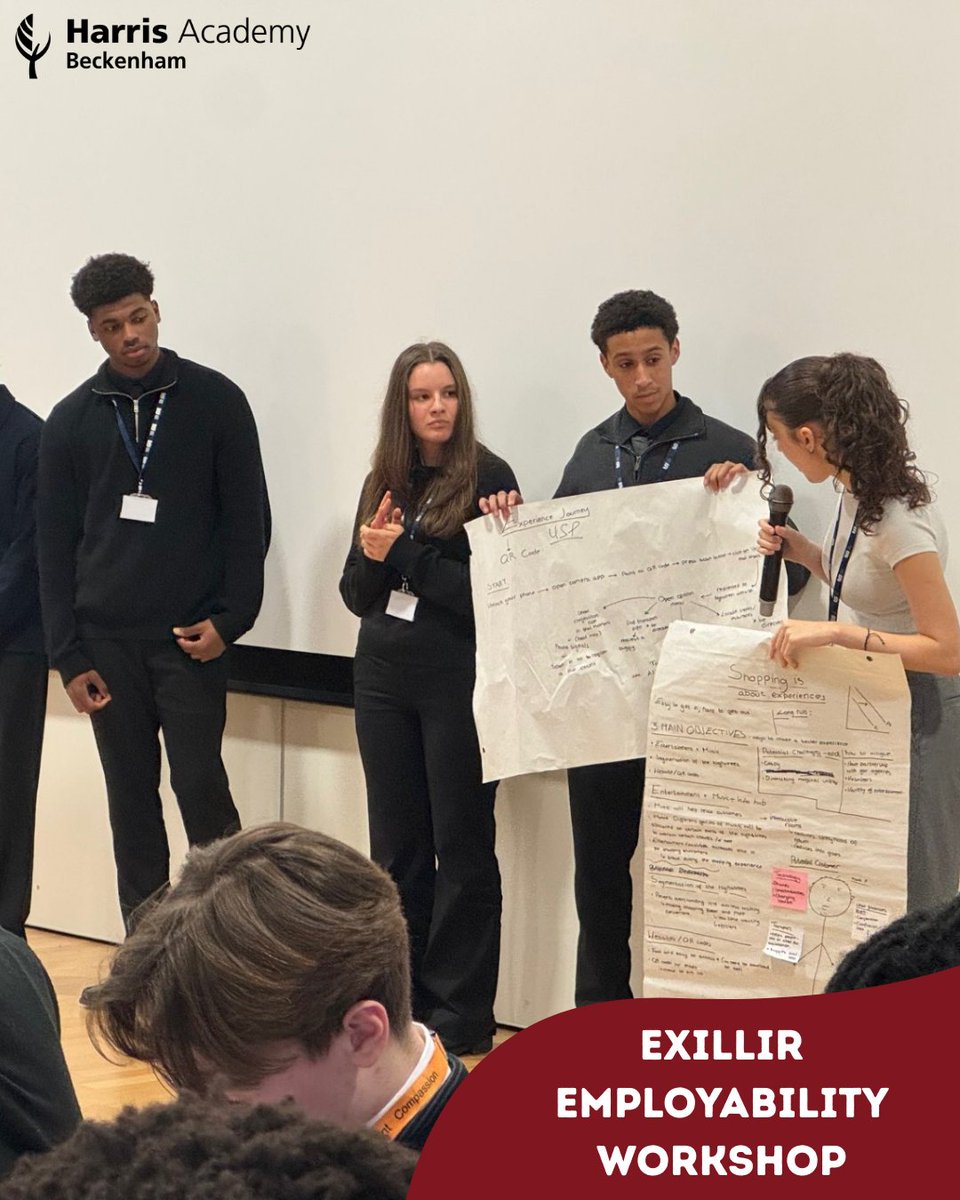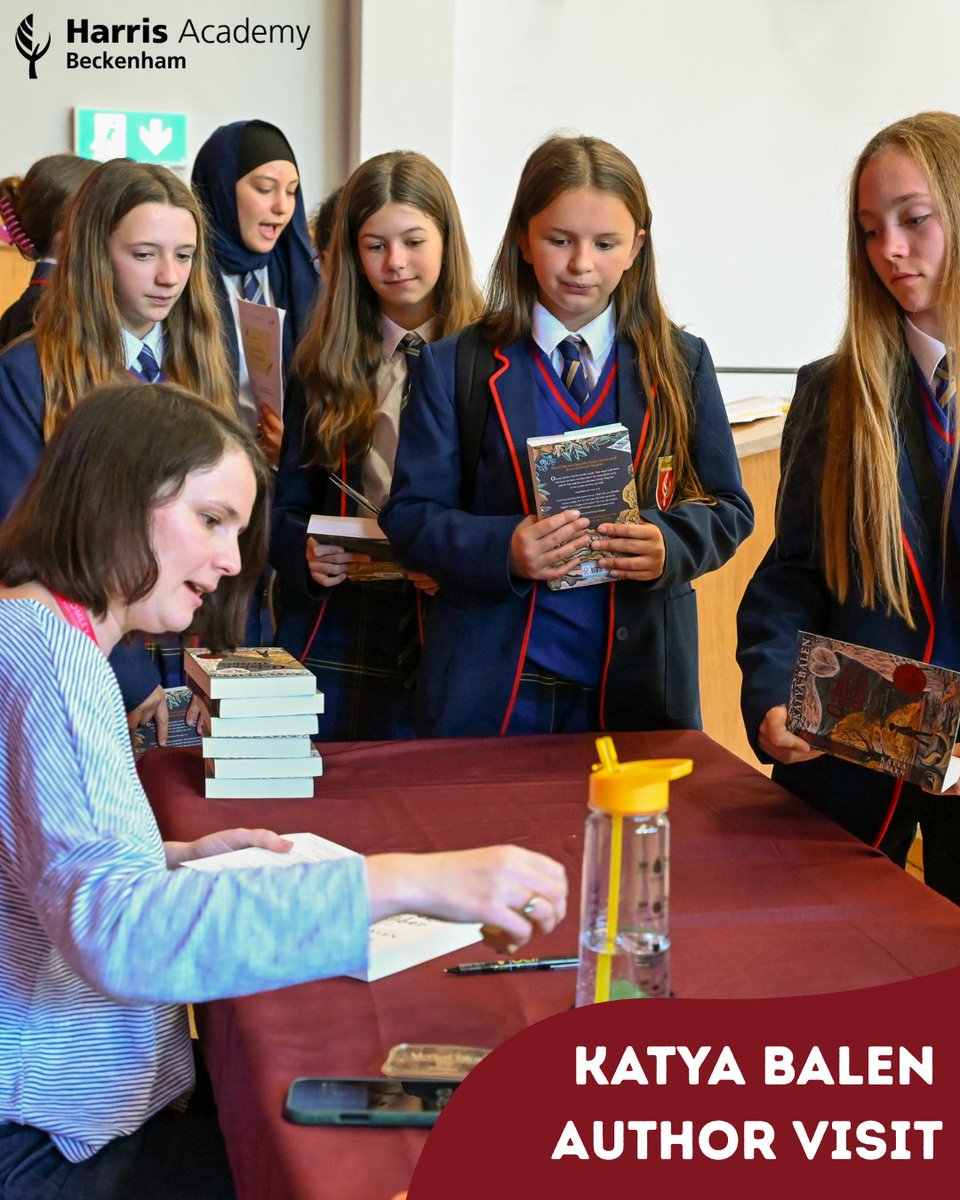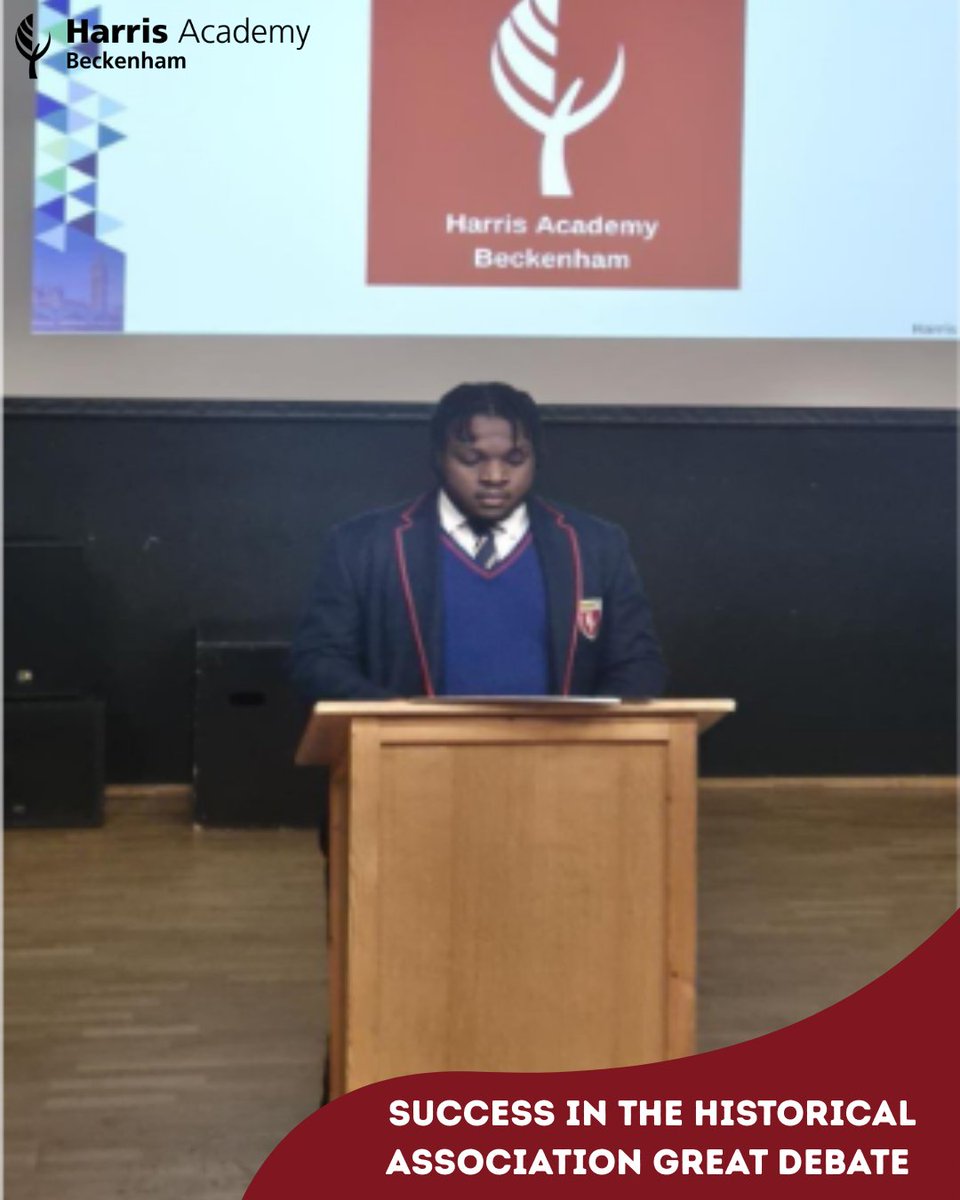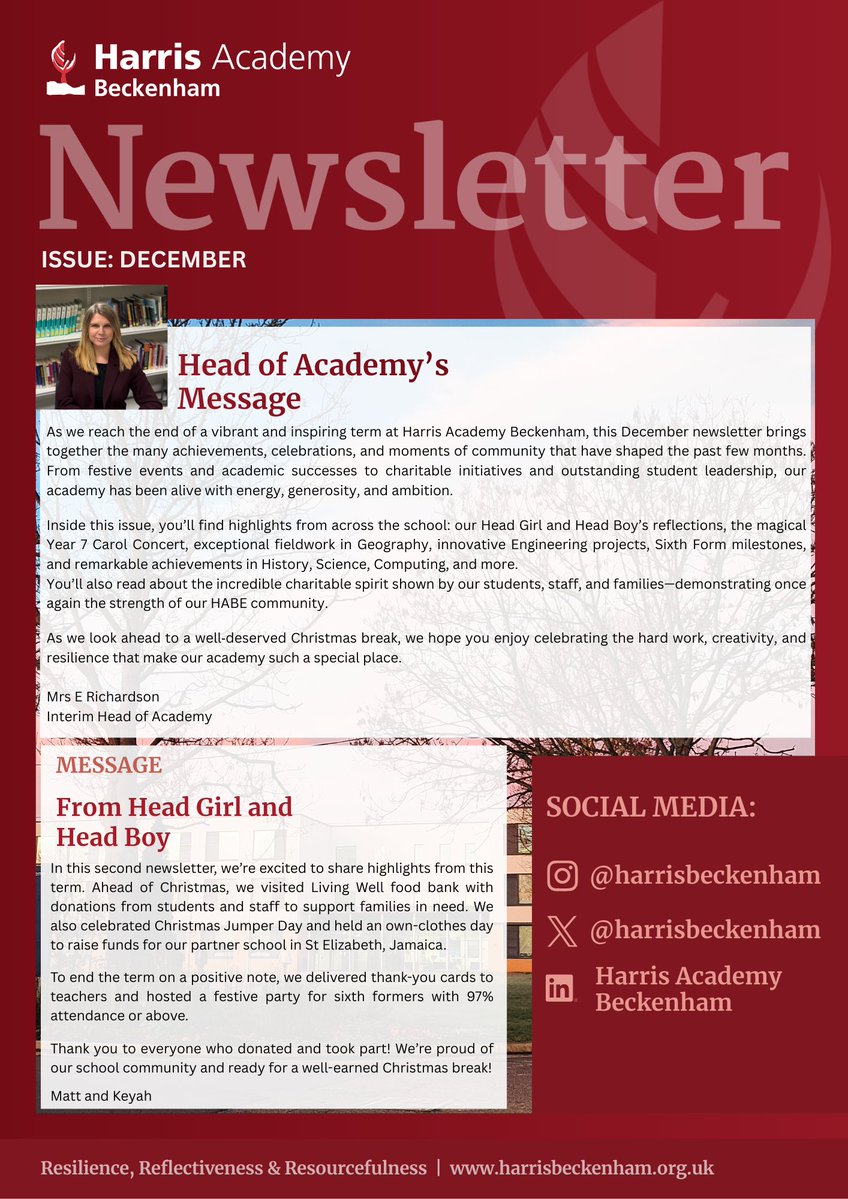Mathematics
Curriculum intent
Our Maths curriculum aims to develop students’ mathematical confidence allowing them to solve a range of complex problems and critically analyse the world around us. We seek to expose them to the beauty of mathematics through a universal language which underpins many other areas of the curriculum. Mathematics fosters reasoning and problem solving, leading to mastery and logical thinking which builds students into well rounded and aspirational citizens of the future.
If taught, ideas are to be understood deeply, they must not merely be passively received but must be worked on by the student, thought about, reasoned with and discussed with others.
Our curriculum will vary the way a concept is initially presented to students, by giving examples that display a concept as well as those that don’t display it. We will also carefully vary practice questions so that mechanical repetition is avoided, and thinking is encouraged. Our philosophy is grounded in the quick and efficient recall of facts and procedures to allow students the flexibility to move between different contexts and representations of mathematics. Students should be able to connect new ideas to concepts that have already been understood, and ensuring that, once understood and mastered, new ideas are used again in next steps of learning.
For further details of the Mathematics curriculum please see the documents at the bottom of the page or contact Mr M. Ofosu.
Implementation
Throughout the lower years, we give students opportunities to become fluent in the basic concepts, reason mathematically at all stages and solve problems by using the skills they have acquired.
We have designed the curriculum so that the interconnected nature of mathematics is prevalent. Concepts are studied using prior knowledge and in various contexts; an example is to link perimeter of shapes to adding decimals or simplifying algebraic expressions. To move students from concrete to abstract thinkers and develop conceptual understanding using specialized vocabulary, they are given the opportunity to work on different representations of the same mathematical idea- Variation. This significantly improves their ability to solve complex maths problems.
A two-year Key Stage 4 allows students with the time and pace to gain a thorough understanding of what is expected of them at GCSE whilst also developing their love for learning and appreciation of their community. A typical lesson starts with 'Knowledge Retrieval' of interleaving exercises across all key stages. Key words are clearly stated and discussed with a focus on the big question. Work is modelled to students by teachers with enough time for independent practice through our I DO, WE DO, YOU DO model of learning. Students from the onset are always challenged to use retrieval skills which includes intelligence practice questions to revise topics that were taught in previous lessons. We acknowledge that without competent and confident literacy skills, our students cannot flourish in the world; it is therefore our duty to prioritise the vital acquisition of high-quality communication skills. We include all WORD elements consistently in lessons throughout all key stages. We aim to sustain this across all Key stages using a glossary and having all students use full sentences with the vocabulary linked to the lesson when responding to questions. Students are taught and expected to write statements at the end of solving a problem. They meet the curriculum demands of the new specification, we have taken on board the use of Bedrock Mapper to give our students the opportunity to see how the mathematical keywords connect with other subject areas to deepen their understanding.
From KS3 to KS5, we enter our Most Able students for the UKMT Maths Challenge, with many advancing to the subsequent Olympiad rounds. For those who enjoy competitions, we enter teams into competitions such as the Count on Us Maths Challenge which aims to improve student confidence and fluency in Maths. The department offers many enrichment opportunities for pupils to develop skills and enjoy maths outside of the usual classroom timetable. These include: interform competitions, world Maths Day competitions on Mathletics where students all over the world compete. Students are also given opportunities to go on educational trips to give them the chance to discover and engage with mathematics in the real world. The use of Hegarty Maths, Mathswatch and Dr Frost for homework help to consolidate learning in classroom and students become more independent in tackling their own misconceptions through the bank of videos provided on the websites.
Our students are very fortunate to use high quality summative assessments twice a year that demonstrate their level of understanding so we can assess the impact of our teaching. In lessons teachers use ongoing formative assessment through a variety of methods and through the books to check for understanding to help decide on how to adapt lessons and teaching in order to address gaps in knowledge and misconceptions. This adaptive approach to learning ensures that feedback is live in the moment which benefits students greatly.
Teachers are clear on what to do next with students and the progress students are making. This allows them to understand how to support and extend their students appropriately.
Cognitive theory is used in the classroom to ensure students transfer content into their long-term memory and as a result, retain information as they move through each unit of work. This is achieved through regular low-stakes testing, revisitation of previous content at the beginning and middle of each lesson and combining previous content into the problem solving of new content.
Our feedback and interventions support students to strive to be the best mathematicians they can be, ensuring a high proportion of our students are on track or above their expected aspirational progress.
Impact
In Maths, students’ progress is significantly above national averages across all measures due to the high-quality teaching and learning that takes place. Key groups perform better than their national counterparts which is reflective of the support that is provided upon entry to ensure that gaps closed for all students. We are fortunate that all teachers are highly skilled and subject specialists with the ability to teach across key stages.


